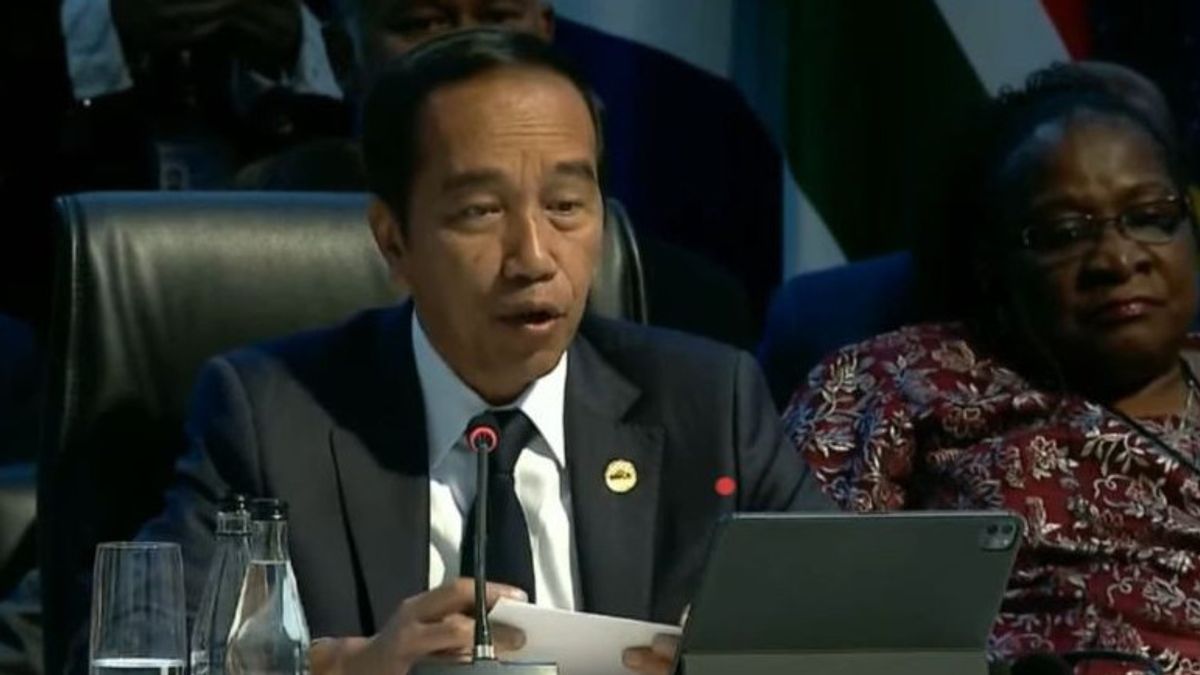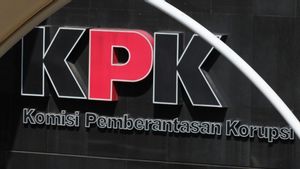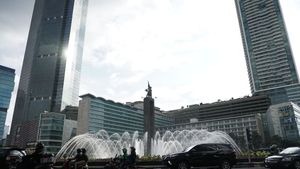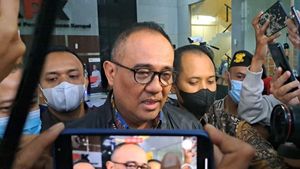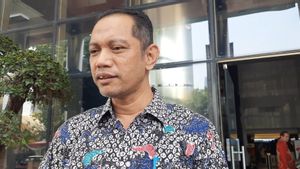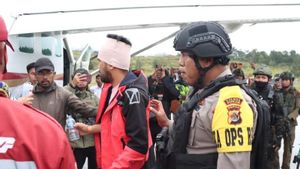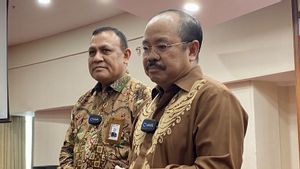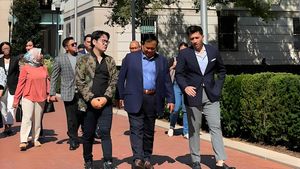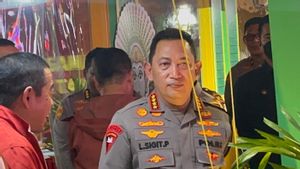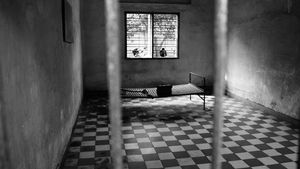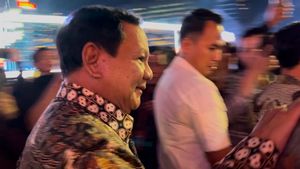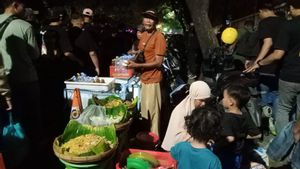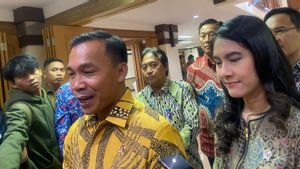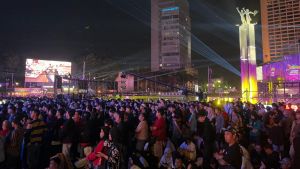JAKARTA - President Joko Widodo called for respect for international law and human rights while attending the BRICS High-Level Conference Forum (Brazil, Russia, India, China, and South Africa) in South Africa.
"Before we discuss various collaborations, there is one basic thing that we must agree on. All of us must consistently respect international law and human rights," said President Joko Widodo while speaking at the BRICS Summit Forum as quoted by ANTARA via the live broadcast of Youtube The Presidency of the Republic of South Africa, Thursday, August 24.
President Jokowi said that the current world economic order is very unfair, the gap or distance of development is getting wider, and the poor and starving people are increasing. According to him, this situation should not be allowed.
Jokowi emphasized that developing countries must unite to fight for their rights. In addition, trade discrimination must be rejected and industrial downstreaming should not be hindered.
"All of us must continue to voice equal and inclusive cooperation. BRICS can be at the forefront of fighting for justice development and reforming fairer world governance," said the President.
President Jokowi also expressed his views on the world today as if he was moving without a captain and without a clear compass.
The president has watched war and conflict have resulted in a humanitarian tragedy and a food crisis that has left tens of millions of people poor.
SEE ALSO:
"Not to mention the threat of climate change that lurks mankind. From the pandemic we have been taught that the global crisis will not be able to be resolved if we work alone or by a group of countries alone. Collaboration and solidarity are needed to overcome it," he explained.
Jokowi emphasized his presence at the BRICS Summit Forum not only as an Indonesian leader, but as a fellow leader of The Global South representing 85 percent of the world's population who want towin-winformula.
His presence at the BRICS Summit Forum is also based on the desire to continue to revive "Spirit Bandung" (African Asian Conference in Bandung in 1955) which he thinks is still very relevant today because solidarity, solidity and cooperation between developing countries need to be strengthened.
The English, Chinese, Japanese, Arabic, and French versions are automatically generated by the AI. So there may still be inaccuracies in translating, please always see Indonesian as our main language. (system supported by DigitalSiber.id)
